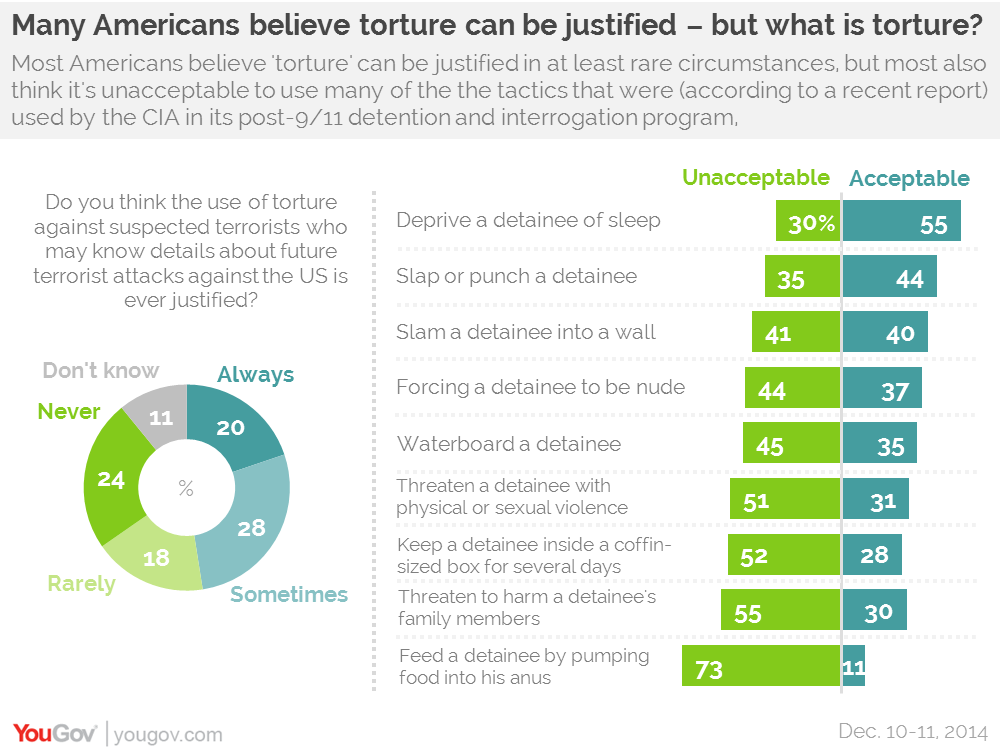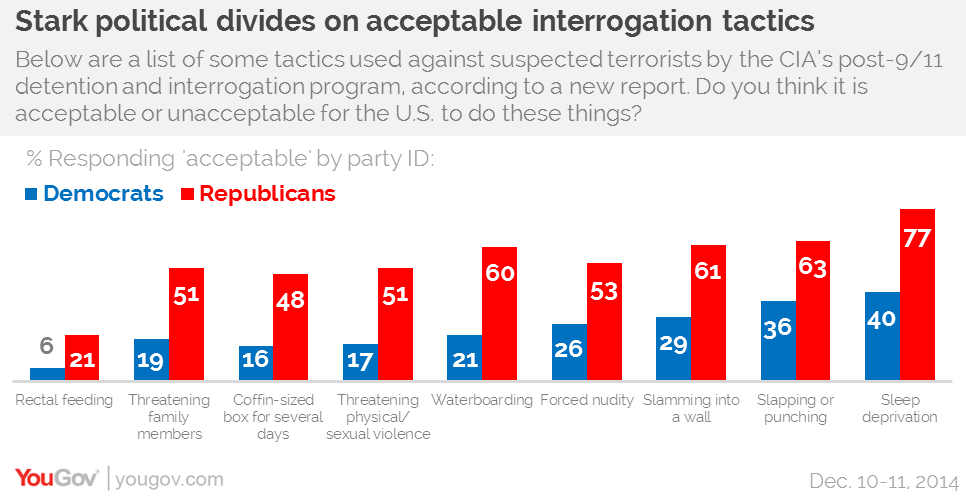On some days I don’t need to read the news. I know it
already. It is basically a list of the women and girls who are the latest to be
abused and killed. If it is nearer to us – a teenager murdered and dismembered
– we are saddened, while consuming every detail. The dead girl’s face will
watch us for a while. And just when it feels too much, her face will soon be
replaced by another.
We fixate on individual loss as we feel our way for clues
that might help us escape our already dark imaginings. And in the night we
wonder where our children are, and who they are with, and what they are doing;
we walk ourselves through scenarios in which somehow these awful things would
not happen to our children. Or to us. Or to anyone we know. This is the
collective secret of motherhood. Let it be someone else’s.
 Now, though, we are at one of the recurring stages in the
news cycle where, unless we switch off altogether, some things become
impossible to ignore – although of course they have been ignored deliberately
for a long time. The abuse of young girls? Now it is Oxford – nice Oxford,
where in fact a quarter of children live below the poverty line. As with
Rotherham and Rochdale, the stories of ongoing abuse and rape finally emerge.
If this is all about Pakistani grooming gangs, indeed let’s investigate it
fully. But such gangs can operate only in an environment in which the adults
who come into contact with these girls do not appear to value them or see them
as children. Even when they are turning up with their crotches soaked in blood
they are seen to have consented to relationships with much older men, or
memorably described as “unrapeable”. Consent only exists for the right class of
women.
Now, though, we are at one of the recurring stages in the
news cycle where, unless we switch off altogether, some things become
impossible to ignore – although of course they have been ignored deliberately
for a long time. The abuse of young girls? Now it is Oxford – nice Oxford,
where in fact a quarter of children live below the poverty line. As with
Rotherham and Rochdale, the stories of ongoing abuse and rape finally emerge.
If this is all about Pakistani grooming gangs, indeed let’s investigate it
fully. But such gangs can operate only in an environment in which the adults
who come into contact with these girls do not appear to value them or see them
as children. Even when they are turning up with their crotches soaked in blood
they are seen to have consented to relationships with much older men, or
memorably described as “unrapeable”. Consent only exists for the right class of
women.
The right class of women are certainly not to be found in
Yarl’s Wood, where asylum seekers are detained. As with the child-abuse
stories, all those who work with refugees have been talking about the sexual
harassment and self-harming that has been going on there for a long time. This
is not a sudden revelation, but now the evidence is there: Serco, the private
company running the centre, may have to answer some serious questions. The
abuse is systemic.
After years of silence, Turkey’s women are going into battle
against oppression ~ Elif Shafak
In Turkey, women have been out on the streets because of a
rising tide of sexual and domestic violence. Since Özgecan Aslan, a 20-year-old
student, was murdered after an attempted rape and her burned body found by a
riverbed, women have been vocal about the rolling back of their rights by the
AK party, with many of its supporters saying that the murdered woman was to
blame for seeking “sexual freedom”.
In India, politicians want to ban India’s Daughter, Leslee
Udwin’s important documentary about the gang rape of Jyoti Singh. In this film,
one sees the attitudes of the rapists and the defence lawyers. It is hard to
say which are the most disgusting. Over and over, they state that basically she
deserved it for being out with her boyfriend, and that if she had not fought
back she might still be alive.
The response of the Indian political class at the time of
the attack was appalling, many talking about “adventurous spirit” leading to
inevitable rape. Singh was flown out for medical treatment in Singapore, so
horrific were her internal injuries, and when she died there her body was
brought back not to her village, but cremated at night to avoid more protests.
Television at the time – I was there – was suddenly full of middle-class women
from Delhi also saying they did not feel safe.
So sexual autonomy and freedom from violence remain an
impossibility for most of the world’s women.
In this country, we move from one abuse story to another,
not wanting to make the necessary connections. Rape is now recognised as a war
crime. What isn’t recognised is that we live in a perpetual state of war. Here
comes the obligatory qualifier: terrible things happen to men and boys too. Not
all men and boys are terrible, but we operate in a system in which half of us
live in fear. According to our level of privilege, we can mute that fear or we
can insulate ourselves by focussing on ever-smaller issues. Thus we have feminism
as a series of lifestyle choices: can I be a feminist and wear frills/join
Isis/not like the new Madonna album?
Sure, that’s easier than trying to dismantle a system that
operates very well for some, the world over. When David Cameron says he is
going to do something about child abuse, one wonders how he will admit its
scale, or admit that the lives of working-class girls are not important to him
and, even if they were, that this is beyond the scope of his rudderless
government. The make-believe election we are having will always be more of a
priority for those who run things.
The war against women is waged routinely and globally.
Equality of the most basic kind cannot exist when a woman’s life and her words
are always worth less than a man’s. But in the darkness of the night, what
haunts us are not broken systems but the faces of the broken girls. So, so
many. All the time.
ORIGINAL SOURCE:
GUARDIAN: Suzanne Moore
WEB: www.sinfulandwicked.co.uk
MOB: 07426 490 214
TWITTER: @sinfulandwicked




